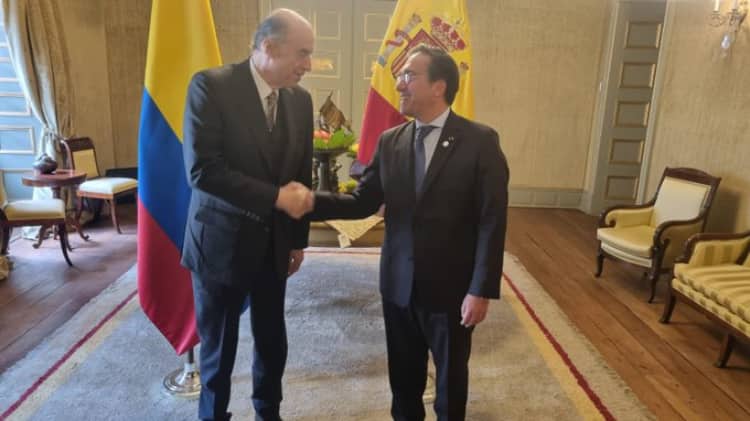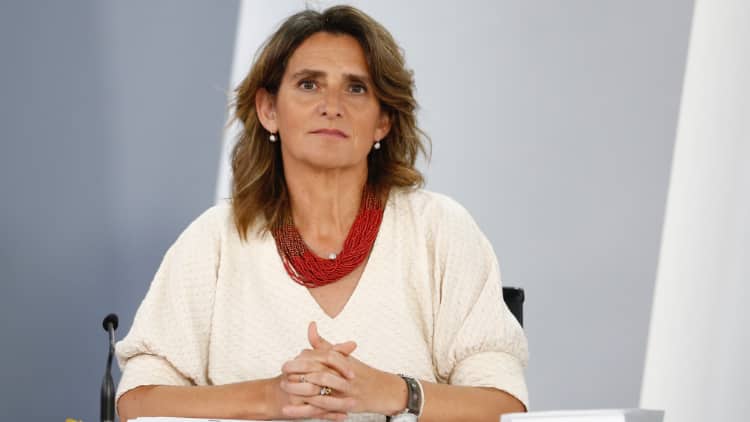The Diplomat
The Spanish government has expressed to the new Colombian government, presided over by Gustavo Petro, its willingness to help in the peace negotiations with the Colombian guerrilla group the National Liberation Army (ELN), which began on Thursday in Havana.
This was stated by Gustavo Petro himself, who said that “Spain has expressed its willingness to help in the Colombian peace process”, in line with the offer also made by the President of Chile, Gabriel Boric, to host the negotiations.
The issue may have been present in the talks that the Minister of Foreign Affairs, José Manuel Albares, held with the new Colombian Foreign Minister, Álvaro Leyva, on 8 August, during the inauguration of Petro as President of Colombia.
For the time being, it is not known how Spain could facilitate negotiations that began with a Colombian government delegation travelling to Cuba to initiate a rapprochement with the ELN, with the aim of resuming the peace talks that were stalled between 2018 and 2022 during the presidency of Iván Duque.
The Colombian government’s talks with the ELN began in 2017 in Quito (Ecuador), during the government of Juan Manuel Santos, and in 2018 they were moved to Havana, where the guerrilla’s main leaders are still based. Duque demanded that the ELN release all the hostages it holds and renounce this and all its criminal activities. The guerrillas’ response was negative, and in 2019 they carried out an attack on the Cadet School, which left 22 dead and 68 wounded. The Colombian government asked Cuba to hand over the negotiators who are in Havana, but the island invoked diplomatic protocols not to comply with this request.
During the election campaign, the ELN expressed its willingness to return to the negotiating table if Gustavo Petro were elected. After his inauguration, the new president held a conversation with the Cuban ambassador in Bogotá, Javier Caamaño Cairo, to request that Cuba be the country where negotiations with the ELN would take place.
He also said he was open to the confirmation of the Norwegian government in the role of guarantor.







